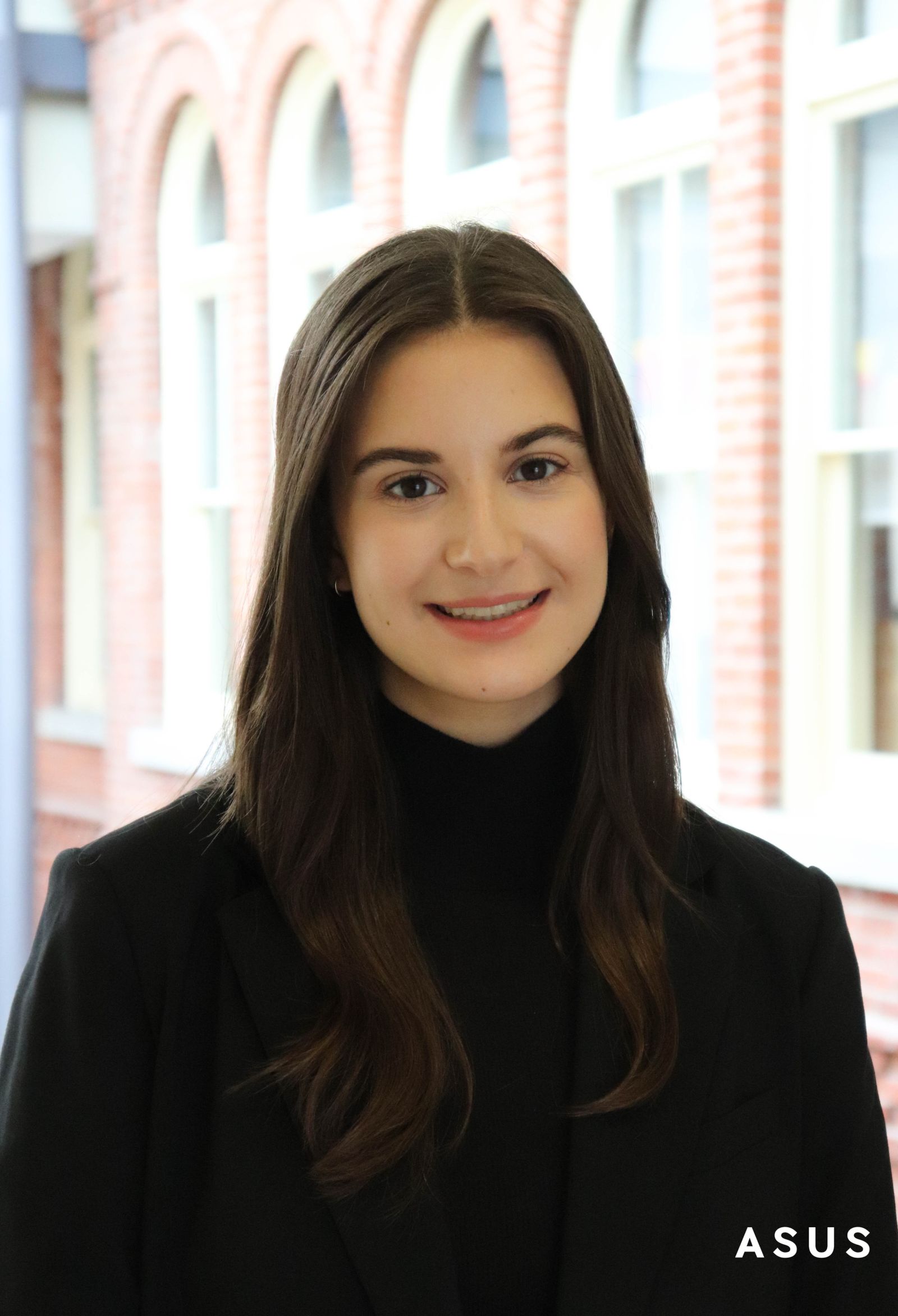
What is healthy expression on campus?
Faculty of Arts and Science Political Studies undergraduate student Naomi Healey-Greene caught the attention of Queen’s University Principal Patrick Deane during the presentation of her Undergraduate Student Summer Research Fellowships (USSRF) project.
The program provides funding for experiential learning opportunities in social sciences, humanities, or creative arts research at Queen’s University. USSRF has been expanded in 2023 with up to 100 fellowships available (including four projects at Bader College).
Focusing on the law and policy of student expression on Queen’s campus, Healey-Greene was given the opportunity to meet with the principal to discuss conversations in and among the undergraduate community about the limits of expression. She is now working on a toolkit for students to support them around questions and concerns about freedom of expression.
Healey-Greene explains her research focuses on the Charter of Rights and Freedoms.
“I didn’t understand why students had the limitations and parameters they did for freedom of expression on campus, so I wanted to explore that. What I learned is the Charter does not apply to university campuses since they are not considered government-entities,” she says. “As a consequence, expression on campus is not subject to constitutional protection. Rather, university administrations have the autonomy to write their own policies for free expression – and administrative law is used to examine the reasonableness of this decision-making."
Her project examined two different areas: how the absence of the Charter impacts student expression on campus, and whether the laws and policies that are applicable to Ontario universities allow administrations to address the growing issue of controversial expression on campus, also known as the issue of “lawful but awful expression.”
“Whether or not the Charter should apply to universities is highly controversial and debated. While some see any expressive restrictions as contradictory to the purpose of higher education, others prioritize the protection of diversity and equality by way of expressive restrictions. University administrations have arguably embraced the former perspective which has been supported by Charter non-applicability, a handful of seminal legal precedents across the country, along with recent provincial directives that created stricter free expression policy frameworks.”
Through her research, where she relied on scholarly and non-scholarly literature reviews, documents, and policies, she learned students are often left in the dark when it comes to having a clear and accessible understanding of the parameters of student expression on campus.
“I understand public image and public critique are concerns but prioritizing that concern over the connection with students is not conducive to advancing a democratic institution."
The next step in the project is creating an accessible tool kit for students to use when planning or organizing an event on campus.

